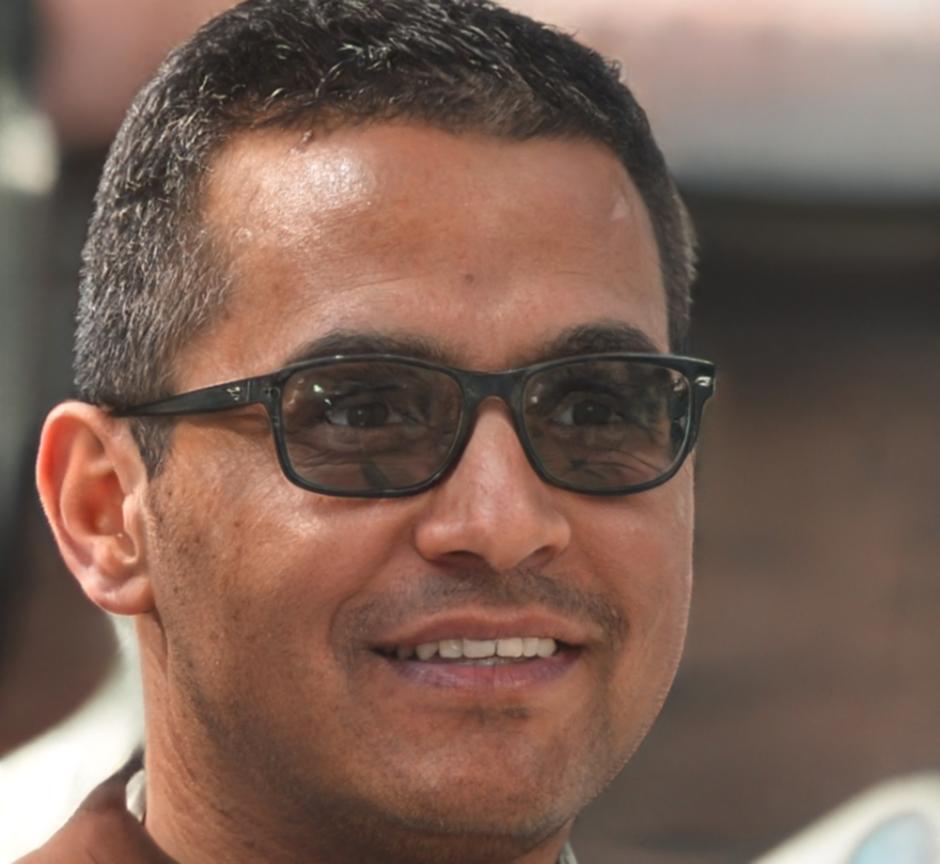Building Financial Literacy Together
We've been working alongside educational institutions and community organisations since 2019 to bring practical finance knowledge to everyday Australians. Our partnership approach focuses on creating content that actually makes sense when you're sitting at the kitchen table sorting through bills or planning for the future.
Real Collaboration, Real Impact
Partners tell us they value how we adapt materials to fit their audience. A credit union in regional Queensland needed something different from what worked for a Sydney university program.
We spend time understanding who's sitting in those chairs and what keeps them up at night. Sometimes that means simplifying concepts around superannuation for recent migrants. Other times it's creating workshops for small business owners trying to separate personal and business finances.
The feedback loop matters too. When workshop facilitators mention a concept that confused participants, we rework it. When someone suggests a better real-world example, we swap it in.

What Partnership Actually Looks Like
We've learned that flexible support works better than rigid programs. Each organisation has different capabilities and audiences.
Customised Resources
Materials that reflect your audience's actual financial situations and challenges. We've created versions for students, retirees, tradies, and new parents because they're all dealing with different money questions.
Facilitator Training
We run preparation sessions for people delivering workshops. Not everyone teaching finance education has a background in it, and that's fine. The goal is helping facilitators feel confident with the content.
Ongoing Updates
Tax rules change. Government support programs evolve. We keep materials current so partners aren't using outdated information about rates or thresholds that shifted two budgets ago.
Direct Access
Partners can reach our content team directly when questions come up. Last month someone needed clarification about explaining negative gearing to first-time property investors. We talked it through and adjusted the module.
Impact Measurement
Simple tools to gauge what's working. Anonymous feedback forms and follow-up surveys help both of us understand if participants gained practical knowledge they're actually using.
Collaborative Development
Some of our best materials came from partners suggesting topics their communities needed. You know your people better than we do, and we're happy to develop content around identified gaps.

We started running meliontrava's budgeting workshops in early 2024 for members struggling after interest rate rises. What impressed me was how quickly they adapted materials when we mentioned our rural members needed different examples. Instead of Sydney rent prices, we got scenarios about farm cash flow and seasonal income. The participants actually engaged because it reflected their reality.
Community Education Coordinator, Northern Rivers Credit Union
Ready to Explore Working Together?
We're always interested in connecting with organisations that share our commitment to practical financial education. Whether you're just starting to think about programs or you've already got ideas mapped out, let's have a conversation about what might work.
Get in Touch
Starting a Partnership
Most partnerships begin with a straightforward conversation about what you're trying to achieve and who you're trying to reach. We usually schedule an initial meeting where you describe your audience and objectives, and we explain how our resources and support might fit.
From there, we typically pilot a small program or single workshop series. This gives both organisations a chance to see how things work in practice before committing to something larger. Some partners start with one quarterly workshop and gradually expand based on participant response.
Timeline depends on your needs. If you're planning programs for October 2025 onwards, reaching out by mid-year makes sense. That gives us time to customise materials properly and prepare facilitators.